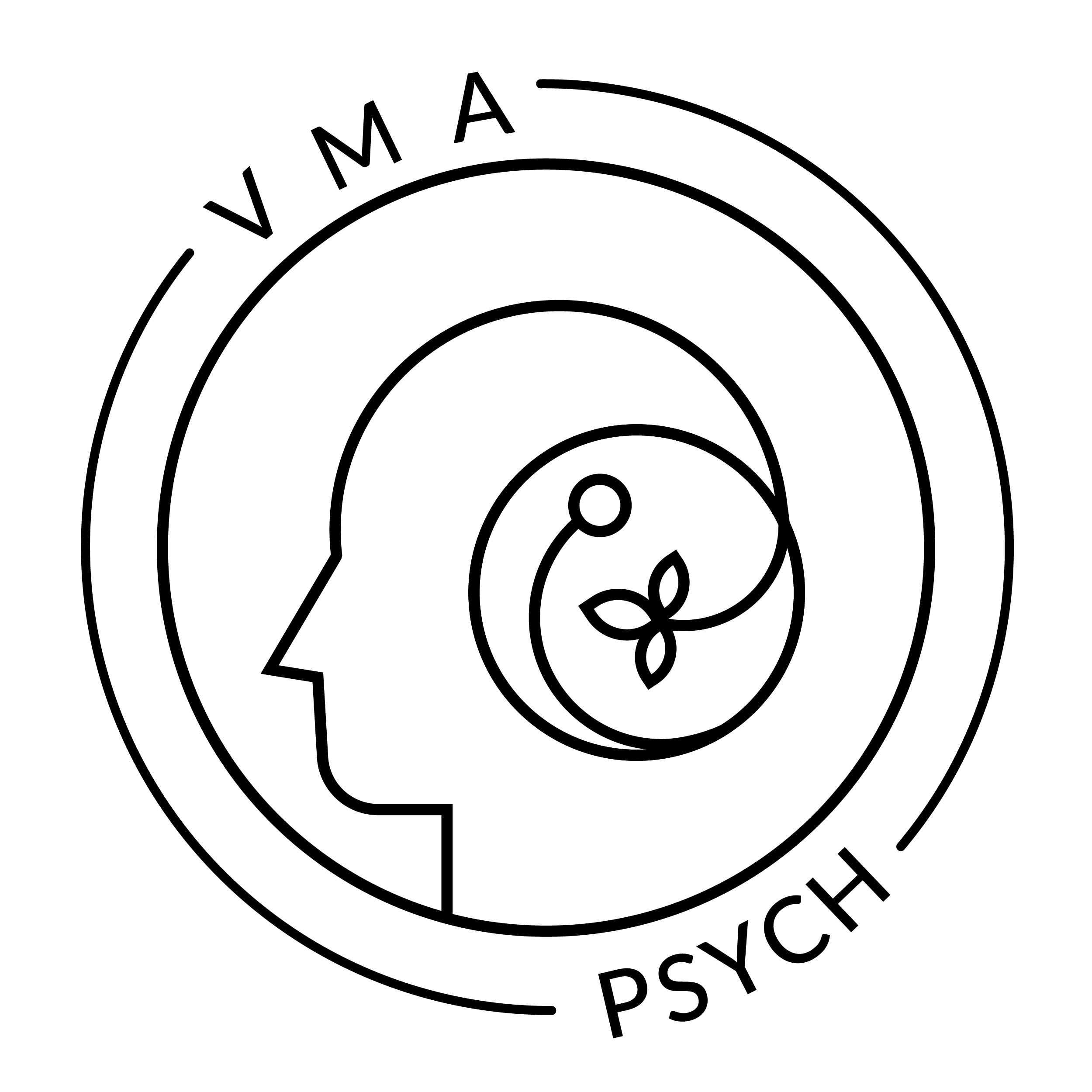Living with Attention-Deficit/Hyperactivity Disorder (ADHD) presents unique challenges, one of which is time blindness— a term that encapsulates the difficulty many with ADHD experience in managing, estimating, and perceiving time accurately. This phenomenon often leads to procrastination, difficulties in scheduling, being on time, and planning for the future. Recognizing and addressing time blindness is crucial for improving daily functioning and productivity.

Understanding Time Blindness
Time blindness can manifest as chronic underestimation of how much time tasks will take, trouble with scheduling, and difficulties in planning ahead. This can affect every aspect of life, from completing tasks at work to maintaining social appointments. Without effective strategies, individuals may find themselves in a cycle of stress and frustration.
Strategies to Combat Time Blindness
Enhancing Executive Functioning: Building skills to improve planning, organization, and task initiation can help manage time blindness. Techniques like breaking tasks into smaller steps and using checklists can make larger projects more manageable.
Leveraging Technology: In today's digital age, using calendar apps and digital reminders can serve as external memory aids. Inputting tasks and events into a calendar app ensures that nothing is forgotten, and setting reminders can prompt action at the right time.
Visual Reminders: Visual cues, such as sticky notes or visual planners, can be particularly helpful. They serve as constant, visible reminders of tasks and deadlines.
Planning for More Time: Individuals with ADHD should plan for more time than they think a task will require. Doubling the estimated time not only provides a buffer but also reduces the pressure if tasks take longer than expected.
Focusing on Single Tasks: Multi-tasking often leads to distraction. Selecting a single task and working to completion can significantly improve focus and efficiency. For those looking to delve deeper into effective task completion strategies with ADHD, click here for more information.
Seeking Professional Support: Consulting with a psychotherapist or engaging in counselling can provide personalized strategies and coping mechanisms.

Frequently Asked Questions
Do people with ADHD have time blindness?
Yes, time blindness is a common characteristic in individuals with ADHD. It refers to the difficulty in perceiving and managing time effectively, leading to challenges with punctuality, meeting deadlines, and estimating how long tasks will take.
How do you fix time blindness with ADHD?
Time blindness can be managed with strategies aimed at improving time awareness and planning. These include using timers, setting up reminders, breaking tasks into smaller, manageable parts, and employing visual aids like calendars and planners. Engaging in therapy or counseling can also provide tailored strategies to cope with time management challenges.
Can technology help with ADHD time blindness?
Absolutely. Digital tools like calendar apps, reminder systems, and task management applications can serve as external supports to help individuals with ADHD keep track of time and deadlines. These tools can automate reminders and help in structuring a routine.
Is it possible to overcome time blindness completely?
While it may be challenging to overcome time blindness entirely, especially in adults with ADHD, implementing consistent time management strategies can significantly improve one's ability to navigate daily tasks and commitments more effectively.
Why is time management harder for people with ADHD?
People with ADHD often struggle with executive function skills, which include planning, prioritizing, and time management. ADHD affects the brain's ability to keep track of time, leading to a skewed perception of how fast or slow time is passing, hence making time management more challenging.
Next Steps: Taking Action Against Time Blindness in ADHD
Overcoming time blindness with ADHD is a journey towards enhancing time management, productivity, and overall well-being. Embracing executive functioning strategies, leveraging technology for reminders and scheduling, and seeking professional support can make a significant difference.
By taking these steps, you'll not only manage time more effectively but also gain a deeper understanding of your unique needs and how to address them.
Ready to embark on this path with personalized support and guidance? Book a consultation with us at VMA Psych today, and take the first step towards a more structured and fulfilling life.
Welcome to VMA Psych.
Your trusted provider of exceptional mental health services in the GTA & beyond. Learn More
With 40+ years as Toronto's leading psychologists, we guide individuals through life's complexities, offering specialized services for a brighter future.





















